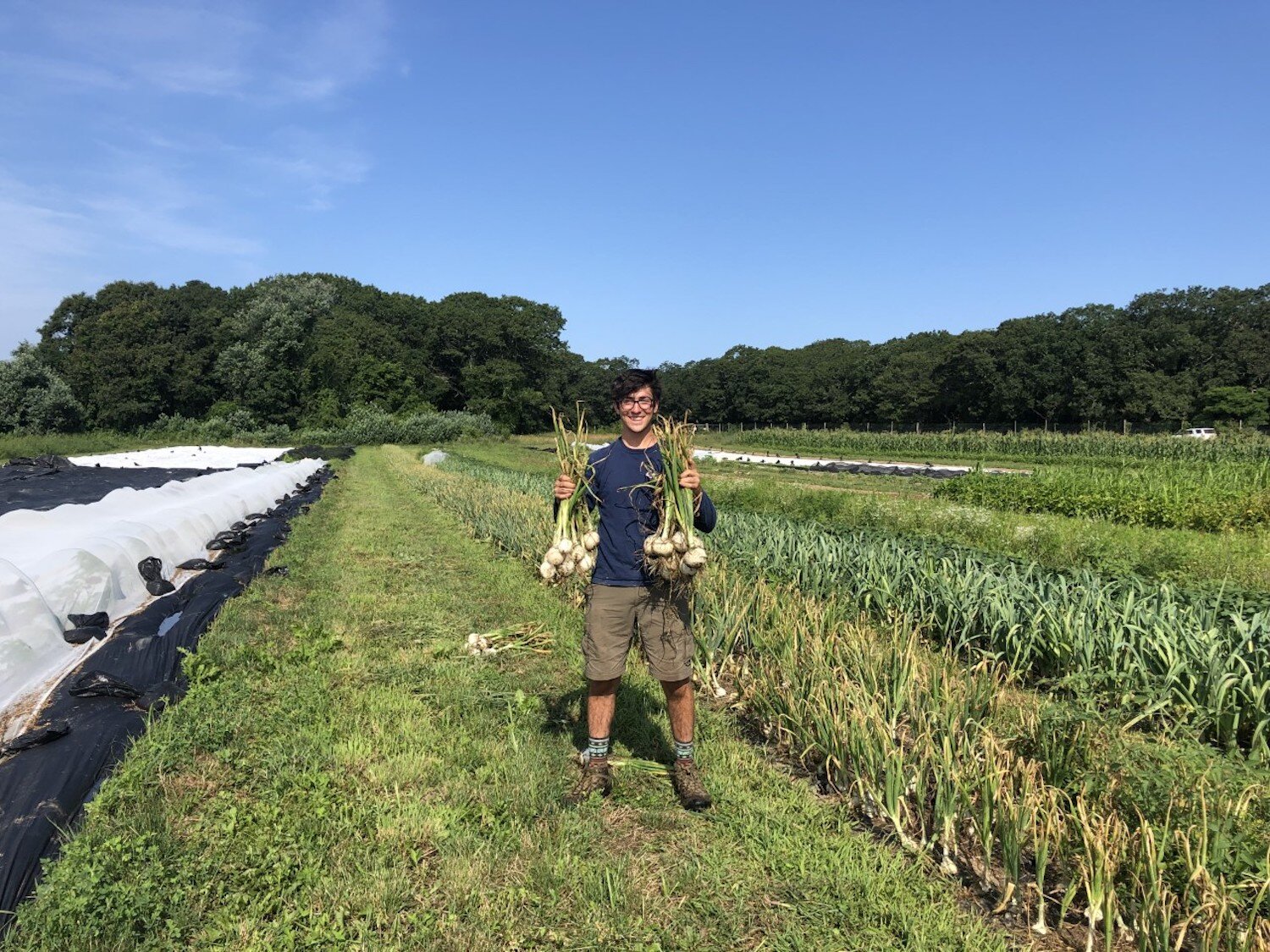
The Farm
Climate-friendly farming:
How we grow our food makes a world of difference.
Island Grown Initiative aims to create a teaching center for regenerative and resilient agriculture practices at its 40-acre farm at the heart of Martha’s Vineyard Island. As we research, experiment, and innovate with climate-friendly ways to increase local food production, we’re able to share our findings with Island farmers and backyard growers.
Learn more in the ICAN film about regenerative farming from Island Grown’s Regenerative Agriculture Consultant:
What is regenerative farming?
It’s a dynamic and holistic approach.
Regenerative farming focuses on improving the health of the soil.
At IGI, we recognize that abundant, nutrient-dense food depends on the web of life in the soil. Our approach utilizes:
Low- or no-tillage
Cover crops and mulches
Compost
Diverse crops in the field rotation
Grazing animals
No synthetic chemical fertilizers, pesticides or herbicides
No GMOs
We are constantly experimenting with new systems to make abundant, diverse organic food production possible with very little tillage. Please reach out with questions about our approach, or to schedule a tour.
How do these benefit the system?
increase biodiversity
enrich soils
improve watersheds
increased yield of high-quality, nutrient-dense crops
greater resilience to climate instability
improved food security for the community
Listen to Matthew’s interview with Gavin Smith, Food Minded Fellow.
“Sustainable was the buzzword for so many years.…[but] if we sustain where we are right now, we’re not going to survive, so we need to regenerate.”
— Matthew Dix, Farm Senior Director
Where to buy IGI produce and eggs?
IGI’s Mobile Market & CSA
Occasionally at local farm stands, including Beetlebung Farm, Ghost Island Farm, and North Tabor Farm.
What's in our food?
Our field crops are grown using regenerative methods (see how we define regenerative above). We also grow food in our greenhouse, both hydroponically and in soil beds. Our hydroponic systems use organic liquid fertilizers. Our laying hens are first fed food scraps we collect through the Island Food Rescue program, and are then fed grain to supplement their diet.
Illustration courtesy Kiss the Ground
Island Grown Farm
IGI’s 40-acre farm on Martha’s Vineyard includes a 32,000-SF greenhouse with hydroponic and soil beds, ten acres under active regenerative cultivation, a community garden, composting system, and orchard.
Located at the former Thimble Farm off Stoney Hill Road in Vineyard Haven, its history of cultivated agriculture dates back to the late 15th century.
The land’s proximity to Little Duarte’s Pond, Lagoon Pond, and a network of well-used paths historically made it a favored area for hunting, foraging, and fishing among the Island’s Wampanoag people.
Today, Island Grown Farm is at the heart of IGI’s efforts to build a regenerative and equitable food system on Martha’s Vineyard.
Sustainable = Does the least harm
A system functions at a steady state without depleting its long-term capacity to operate.
Resilient = Able to bounce back
A system is able to recover its essential functions after a disturbance.
Regenerative = Creates multiple benefits
A system is resilient and increases its operational capacity over time, and has a positive impact on other systems.
For more information about regenerative agriculture, visit The Climate Reality Project, Kiss the Ground, and NPR. Learn about indigenous land care, food sovereignty, and the long and continuing history of regenerative agricultural practices among indigenous people by watching the film Gather.
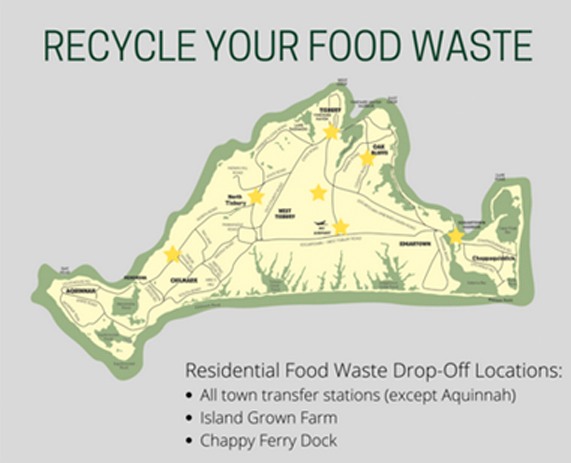
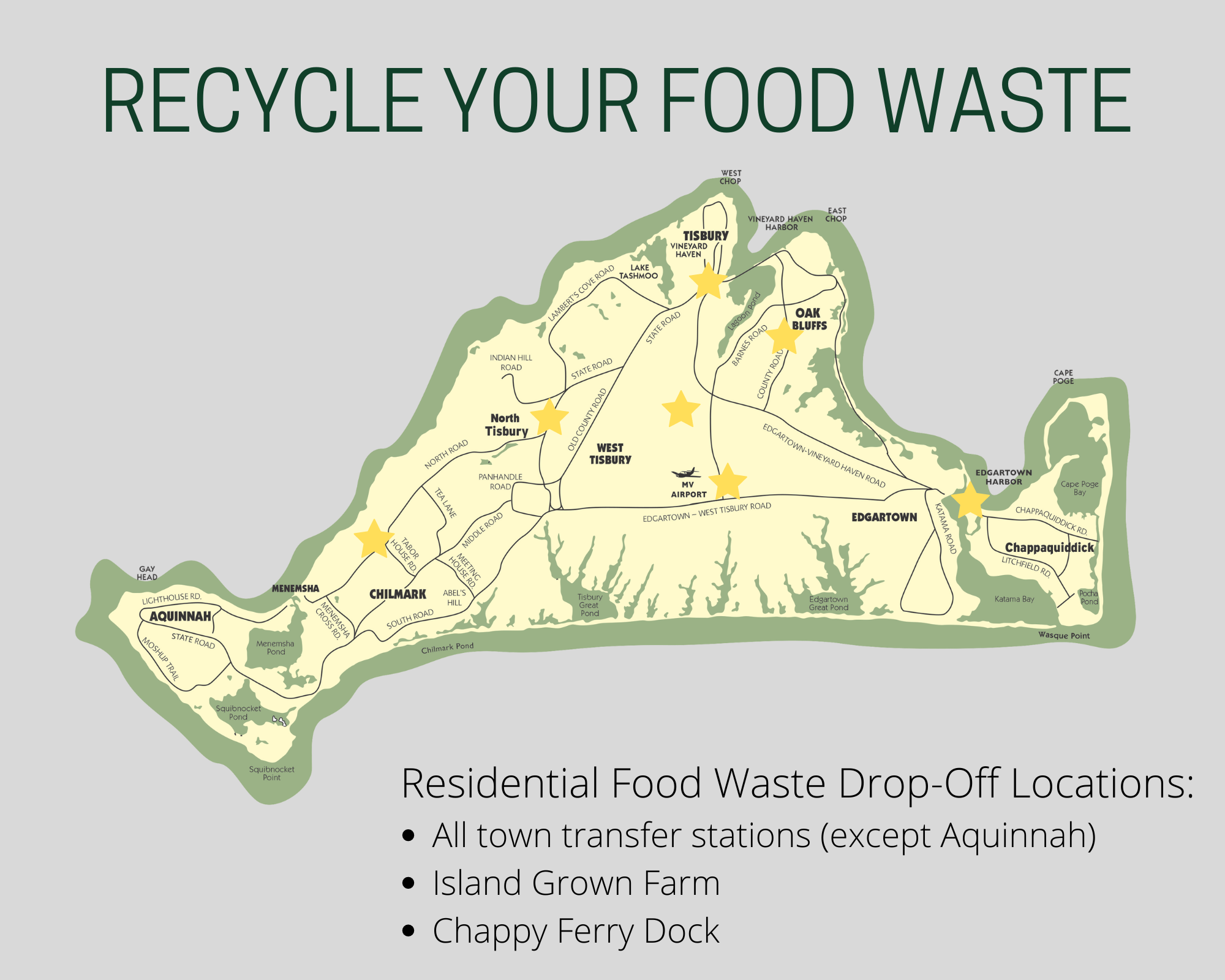 FREE FOOD WASTE DROP-OFF
FREE FOOD WASTE DROP-OFF MOBILE MARKET
MOBILE MARKET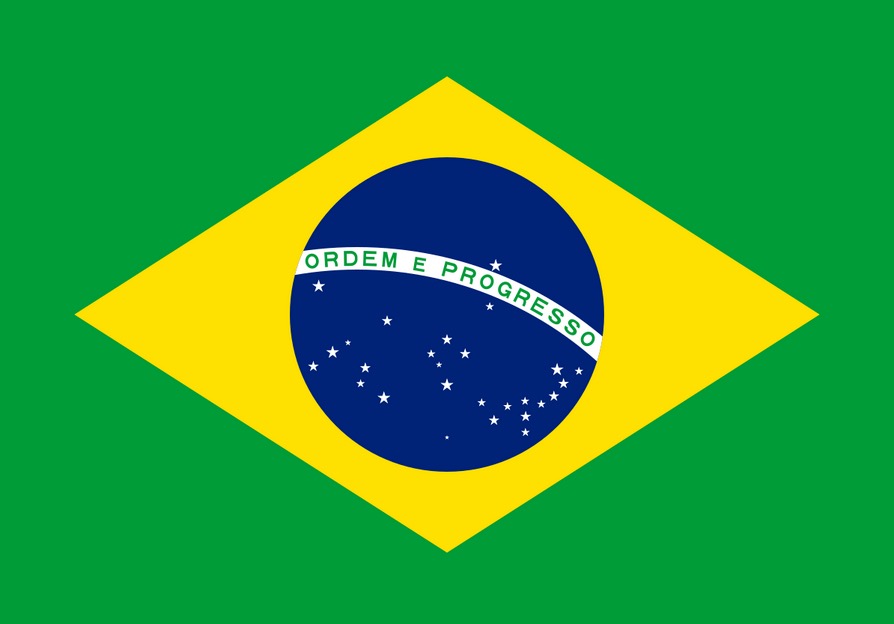
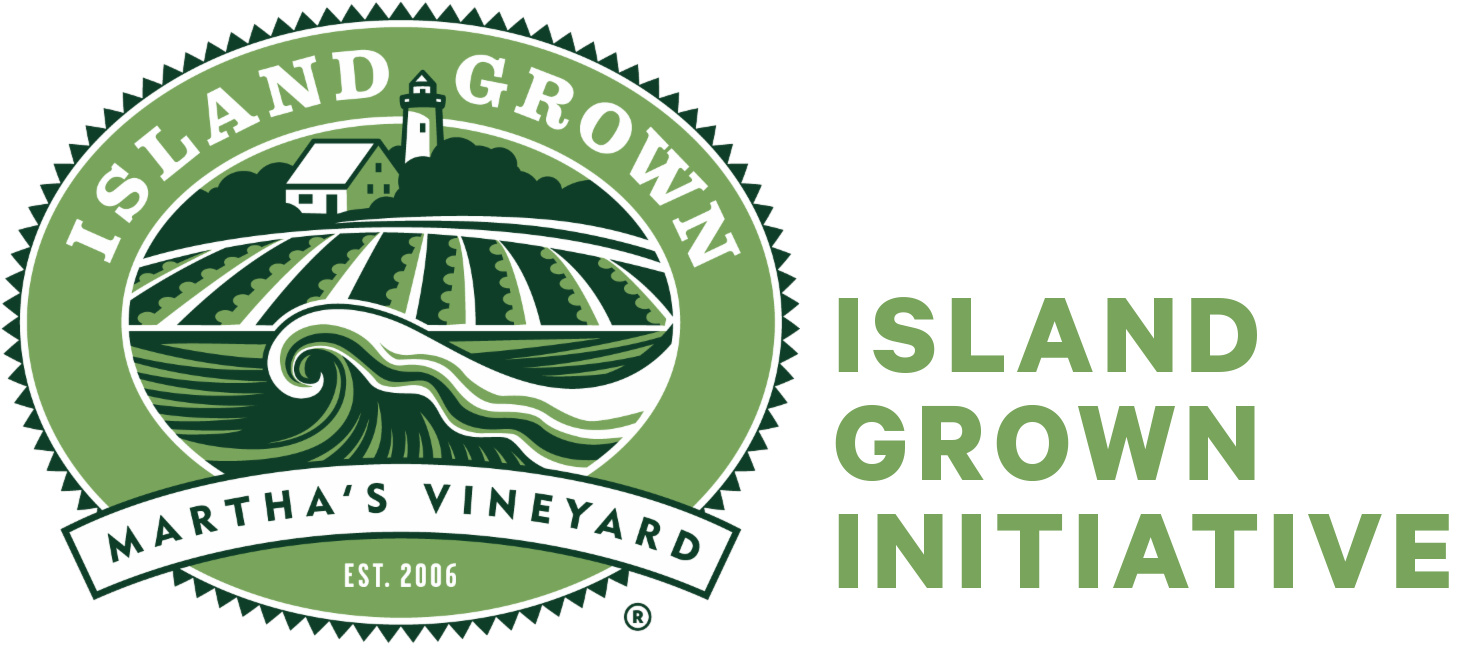
![Listen to Matthew’s interview with Gavin Smith, Food Minded Fellow.“Sustainable was the buzzword for so many years.…[but] if we sustain where we are right now, we’re not going to survive, so we need to regenerate.” — Matthew Dix, Farm Se…](https://images.squarespace-cdn.com/content/v1/5f7b598697196e232016ffc5/1601919405741-1303FRY1LTYACOGJJRJB/igi_2020_matthew-dix_greenhouse_randi-baird.jpg)



